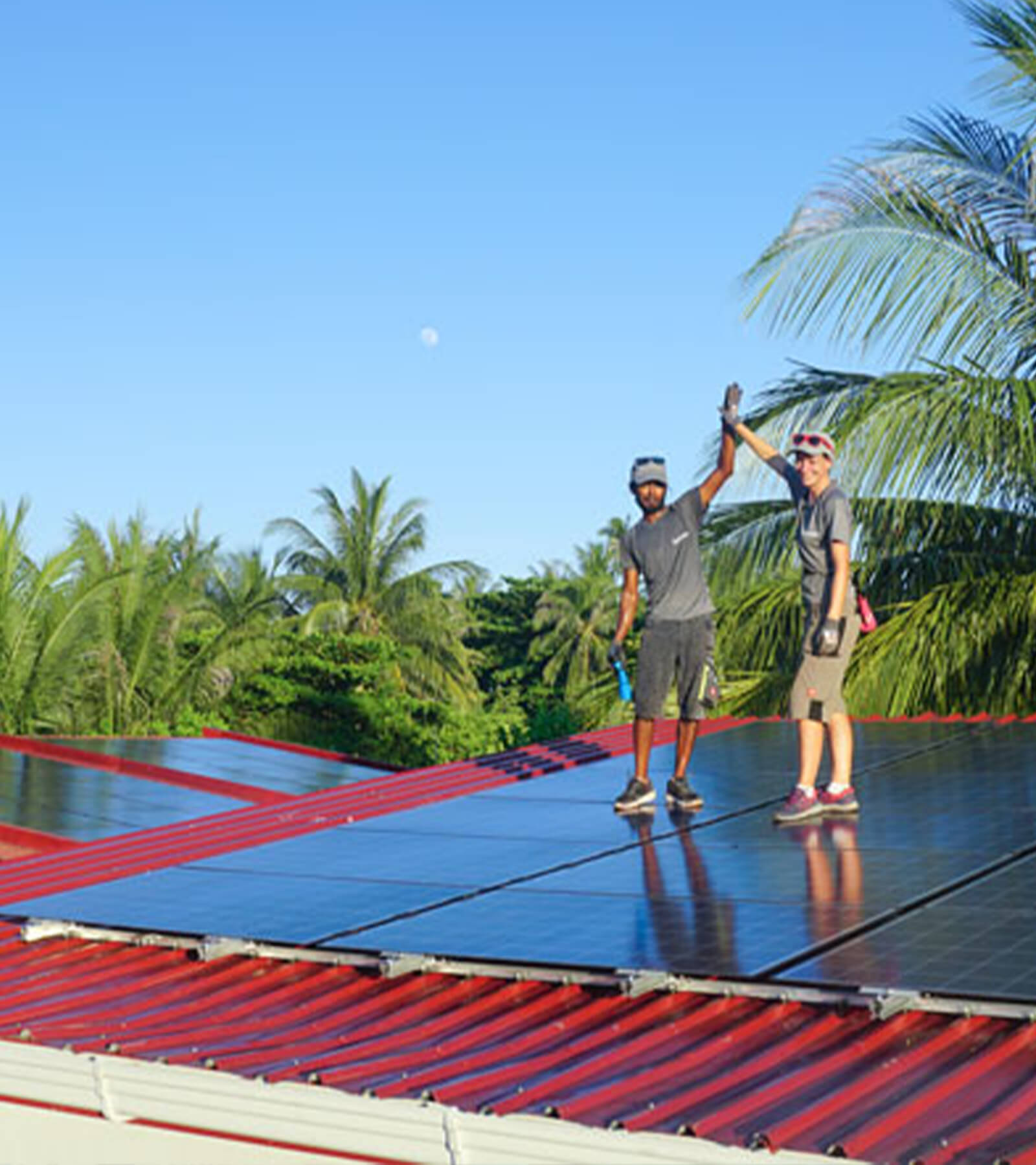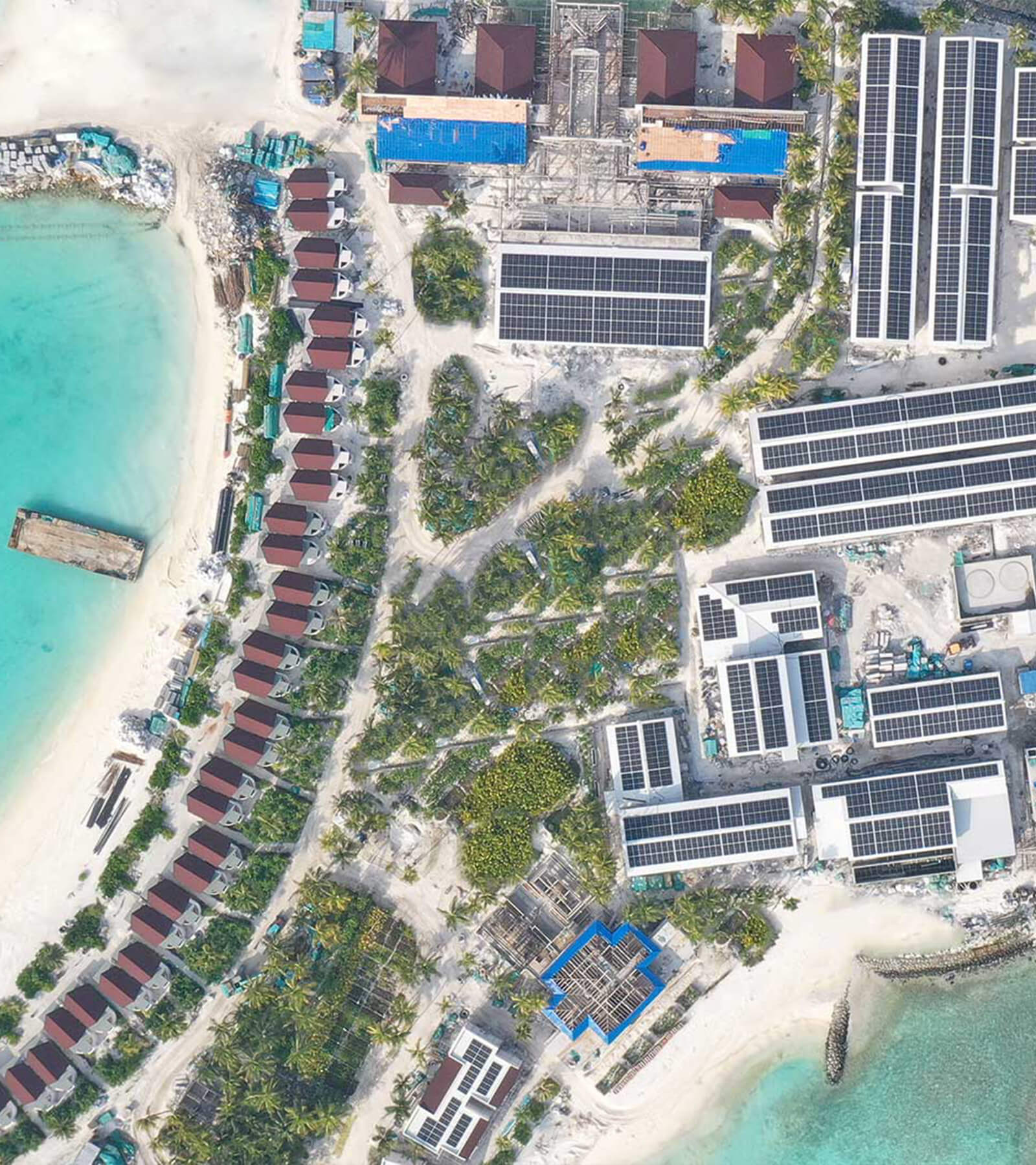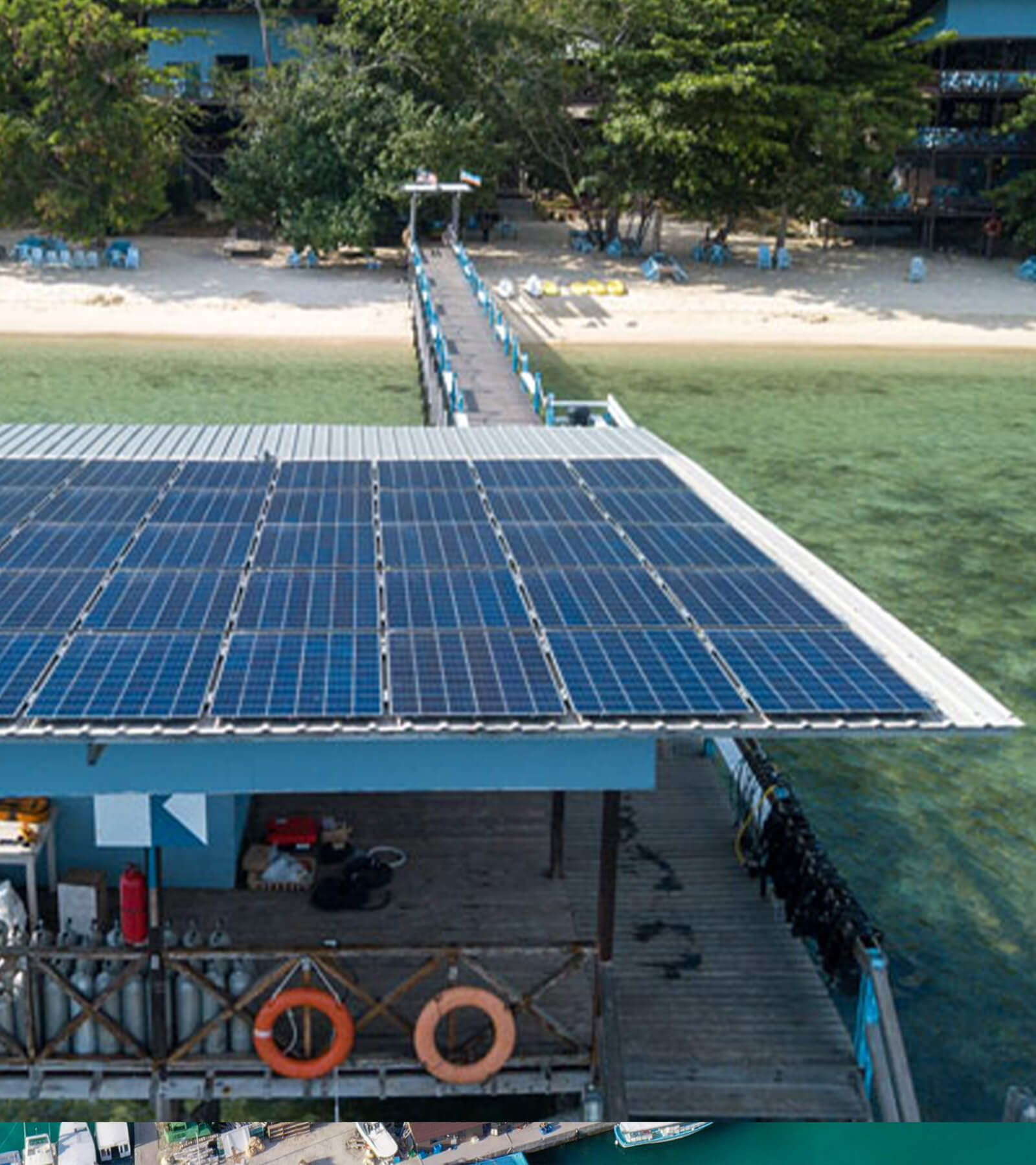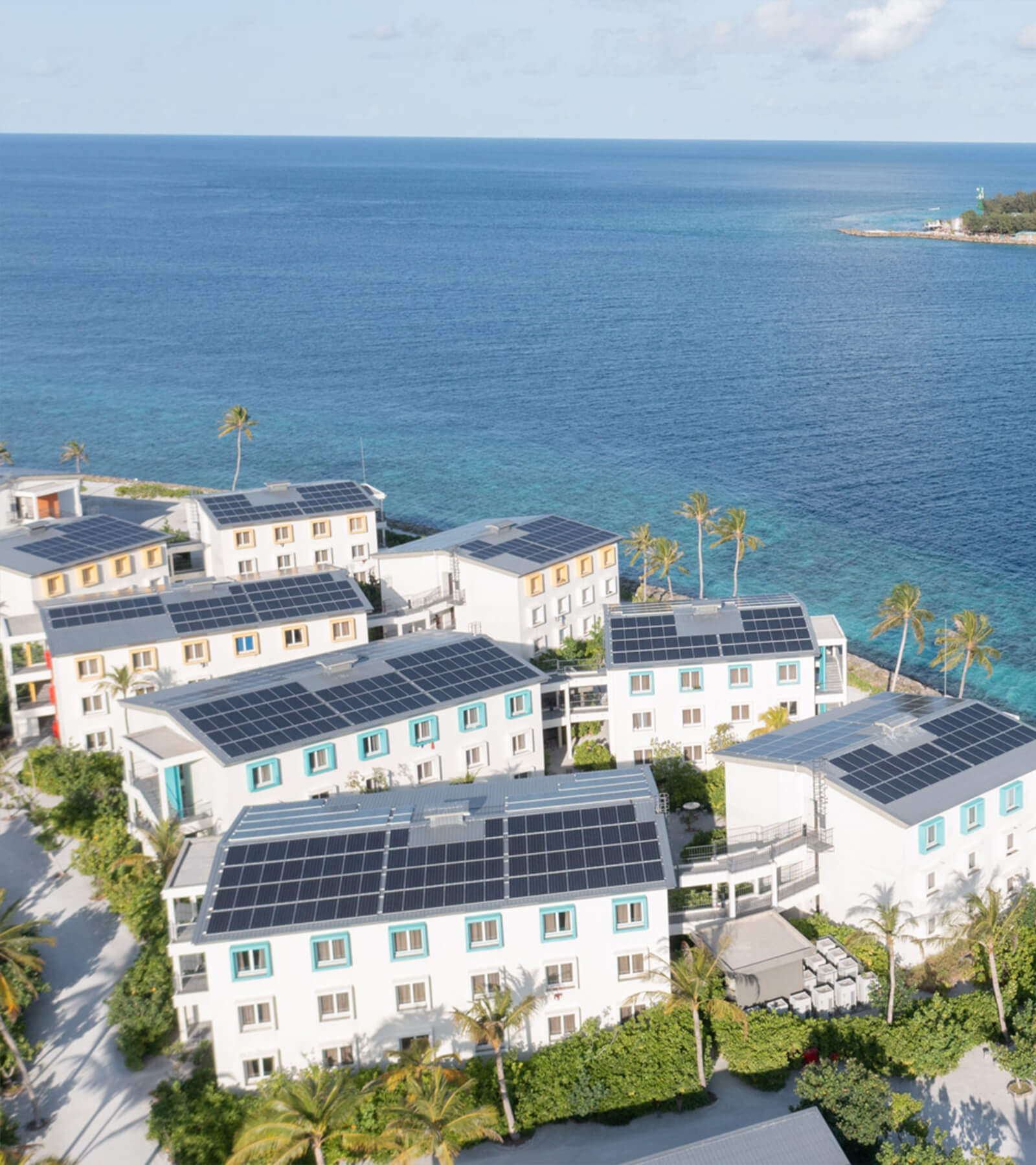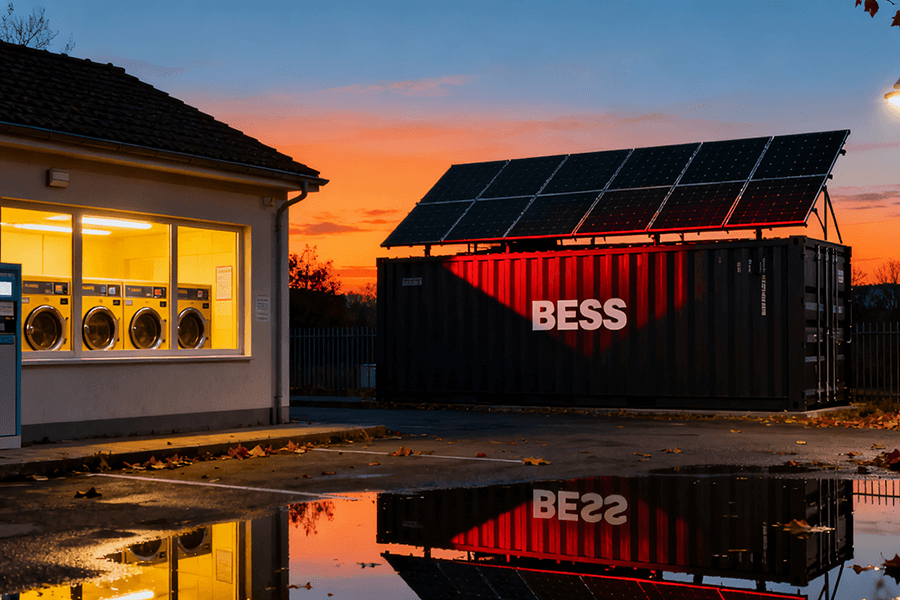
The Hidden Crisis in European Laundromats
Let’s start with the facts:
The Scale of Community Laundromats in Europe
|
Metric
|
Detail
|
Source
|
|
Total Facilities
|
Over 15,000 community laundromats
|
European Laundry Association (ELA)
|
|
Primary User Base
|
Urban renters, students, low – income families
|
ELA 2024 report
|
|
Monthly Laundry Expense
|
5–8% of monthly income for low – income households
|
ELA 2024 report
|
The Power Outage Crisis
- According to the ELA 2024 Power Reliability Study, 45% of these laundromats experience weekly power outages.
- These disruptions have far – reaching consequences:
-
- Customer Impact: A mere 2 – hour outage leaves over 50 loads of laundry stranded. With mold growth and water damage posing risks, residents are often forced to pay €15–20 per load in rewash fees. For a family of four, this amounts to €60–80 in unanticipated expenses, which is roughly equivalent to a week’s worth of groceries.
-
- Business Impact: In the €9.08 billion European laundry market, where laundromat owners operate on slim average profit margins of 7–9%, downtime is not just an inconvenience—it’s a threat to survival. A 3 – hour outage can cost a mid – sized facility €3,000 in lost revenue and result in the loss of 15–20% of regular customers.
The solution lies in BESS containers—prefabricated, plug – and – play power systems designed to transform “outage panic” into seamless business continuity.
What Are BESS Containers? (Spoiler: They’re Not Just Batteries)
Before we dive into use cases, let’s demystify BESS containers for non-tech folks:
These are weatherproof, self-contained units packed with:
- Lithium-Iron-Phosphate (LiFePO4) batteries: Safe, long-lasting (10,000+ charge cycles), and non-toxic (critical for urban areas).
- Smart management software: Automatically switches between grid power and battery backup—no human intervention needed.
- Fire suppression systems: EU-certified to prevent thermal runaway (a rare but dangerous battery risk).
Think of them as a “power security blanket” for your laundromat—lightweight, low-maintenance, and ready to jump in when the grid fails.
Use Case 1: Keeping Washers & Dryers Running—No More Moldy Towels
Washing machines require stable 230V AC power to avoid water overflow or motor damage. Dryers? They need consistent heat (up to 80°C) for 30–60 minute cycles. A 30-minute outage? Soaked clothes turn moldy faster than you can say “fabric softener.”
Berlin Case Study: 200kWh BESS Saves the Day
A mid-sized laundromat in Berlin’s Neukölln district (serving 200+ customers weekly) installed a 200kWh Maxbo Solar BESS container (20 ft air-cooled model, 50–300kW output) in early 2024.
During a 2.5-hour grid outage in January 2025 (caused by a winter storm), the system:
- Kept 12 front-loading washers and 8 heat-pump dryers running without interruption.
- Saved 60 residents from €900–1,200 in rewash fees (calculated at €15–20 per load).
- Maintained customer satisfaction scores at 4.8/5 (up from 3.2/5 before BESS installation).
“We used to have customers screaming about ruined bedding,” says the owner, Maria Schmidt. “Now? Crickets. And happy customers who refer their neighbors.”
Use Case 2: Protecting Payments & Safety—No More Dark, Cashless Chaos
Modern laundromats run on card payments (90% of transactions, per ELA data)—and outages kill payment terminals faster than a broken dryer belt. Add darkness to the mix, and you’ve got a theft risk (laundromat thefts rise 40% during outages, per Europol’s 2024 report).
Madrid Case Study: 180kWh BESS Prevents Disaster
A 24/7 laundromat near Madrid’s Atocha Station installed a 180kWh Maxbo BESS container in March 2024. During a 3-hour outage in July 2025 (caused by a grid overload), the system:
- Kept all 6 card payment terminals (and 15 LED security lights) operational.
- Avoided €3,000 in lost revenue (based on average hourly transaction volumes).
- Prevented 2 potential theft attempts (caught on security cameras).
“Imagine telling a customer their card won’t work and they can’t see their laundry,” says manager Carlos Ruiz. “BESS turned a disaster into a non-event. We didn’t lose a single customer that day.”
Saving Money (and the Planet): BESS as a Profit Tool
BESS containers aren’t just backups—they’re cash cows. Let’s break down the savings with hard data.
Peak Shaving: Beat the Grid’s Rush Hour
Laundromats are busiest 4 PM–9 PM—exactly when grid prices spike (up to €0.40/kWh vs. €0.15/kWh off-peak). BESS containers store cheap off-peak energy and release it during peaks, slashing demand charges (the fees utilities charge for high usage).
Amsterdam Case Study: 220kWh BESS Cuts Costs by 28%
|
Metric
|
Results (2024–2025)
|
|
Peak Demand Reduction
|
28% (from 120kW to 86kW)
|
|
Annual Energy Cost Savings
|
€4,800 (down from €17,100 to €12,300)
|
|
BESS Model
|
Maxbo 20 ft Air-Cooled (220kWh, 100kW output)
|
|
Installation Cost
|
€17,500 (after EU grant)
|
|
Payback Period
|
3.5 Years
|
Source: HSB Living Lab’s 2025 Energy Efficiency Report (HSB Laundromat Study)
Solar + BESS: Sunlight to Savings (and Happier Customers)
Pair BESS with rooftop solar, and you’ve got a self-sustaining system. Laundromats store excess solar power for cloudy days or peak hours, cutting reliance on expensive grid electricity—and passing savings to customers.
Copenhagen Case Study: Solar + BESS = Affordable Laundry
A laundromat in Copenhagen’s Nørrebro district installed:
- A 150kW rooftop solar array (EU-funded via the Horizon Europe program).
- A 200kWh Maxbo BESS container (to store excess solar power).
Results (2024–2025):
- 15% lower wash prices: From €8 to €6.80 per load (the lowest in the district).
- 30% increase in low-income customers: From 40 to 52 weekly (tracked via customer surveys).
- 80% reduction in grid electricity use: Saving €7,200 annually.
“We went from ‘too expensive’ to ‘affordable’ overnight,” says owner Lars Jensen. “Customers now wait in line—but they’re happy to wait because we’re saving them money.”
Community Heroics & EU Compliance: BESS Beyond the Bottom Line
BESS containers don’t just boost profits—they strengthen communities and help laundromats meet EU regulations.
Free Wash Days: Giving Back to Those Who Need It Most
Energy savings from BESS let laundromats host free wash days for low-income families.
Paris Case Study: 2 Free Wash Days Monthly
A laundromat in Paris’s 19th arrondissement uses its €3,200 annual BESS savings to host 2 free wash days monthly. Each event:
- Serves 40 families (80 total yearly).
- Provides free detergent and dryer use (valued at €5 per family).
- Saves each family €20–30 per month (enough for 2 weeks of groceries).
“A single free wash means a mom doesn’t have to choose between clean clothes and dinner,” says community liaison Sophie Dubois. “BESS made that possible.”
EU Compliance: Meeting “Affordable Public Services” Standards
The EU’s “Affordable Public Services” initiative (part of the European Pillar of Social Rights) mandates that essential services like laundromats are:
- Accessible (no long wait times).
- Affordable (prices below 5% of household income).
- Reliable (minimal downtime).
Lisbon Case Study: BESS Earns EU Funding
A laundromat in Lisbon’s Alfama district deployed a 180kWh Maxbo BESS container in 2024. The system:
- Reduced downtime from 4 hours monthly to 0 (meeting EU reliability standards).
- Cut wash prices by 10% (from €7 to €6.30 per load).
In return, the laundromat earned €25,000 in EU funding (via Portugal’s BeGreen program) to:
- Add 6 new washers (cutting wait times by 40%).
- Install a wheelchair-accessible ramp (meeting EU accessibility standards).
“BESS didn’t just save us money—it grew our service,” says owner Ana Mendes. “We now serve 50% more customers, and we’re compliant with every EU rule.”
Why Maxbo Solar BESS Containers? (From Someone Who Lives This Daily)
Full disclosure: I’m Alex Carter, Senior Product Manager at Maxbo Solar—and we’ve built BESS containers specifically for European laundromats. Here’s why we’re the right fit:
Laundromat-Tailored Specs
Our systems are designed to handle the unique needs of laundromats:
- 20 ft Air-Cooled Models: 200–600kWh capacity, 50–300kW output—perfect for mid-sized facilities. Delivers stable 230V power (critical for washers/dryers).
- 40 ft Liquid-Cooled Models: Up to 2MWh capacity—for large laundromats (30+ machines). Ideal for hot climates (like Spain or Italy).
Rapid Deployment & Zero Downtime
- Installation in 2 Hours: Our team arrives with a pre-configured unit—you can keep operating while we set up.
- 4-Week Lead Times: No waiting months for custom builds (unlike competitors).
EU-Ready & Grant-Eligible
- Meets EPBD decarbonization rules (EU’s Energy Performance of Buildings Directive).
- Qualifies for RepowerEU grants (up to €200/kWh) and national programs (like Germany’s KfW funding or France’s ADEME grants).
Tough as Nails
Our containers handle Europe’s worst weather:
- -25°C to 45°C operating range: Works in Finnish winters and Spanish summers.
- IP65 weather rating: Dustproof and waterproof (no damage from rain or snow).
We’ve helped 70+ European laundromats cut costs and avoid outages. Want to join them? Check out our laundromat-specific BESS specs at www.maxbo-solar.com/laundromat-bess.
Conclusion: The Future of Clean, Reliable Laundry
BESS containers aren’t just tech—they’re community support tools. They keep machines running, prices low, and neighborhoods strong.
The data speaks for itself:
- 50% of European community laundromats will deploy BESS containers by 2035 (forecast by the International Energy Agency’s 2025 Storage Report).
- Laundromats with BESS see 20–30% higher customer retention (per ELA’s 2025 Customer Satisfaction Study).
For laundromat owners: BESS isn’t an expense. It’s an investment in happy customers, steady revenue, and a cleaner, more equitable community.
For residents: No more mildewed laundry. No more unexpected fees. Just clean clothes, powered by reliability.
Ready to power your laundromat’s future? We’re here.

